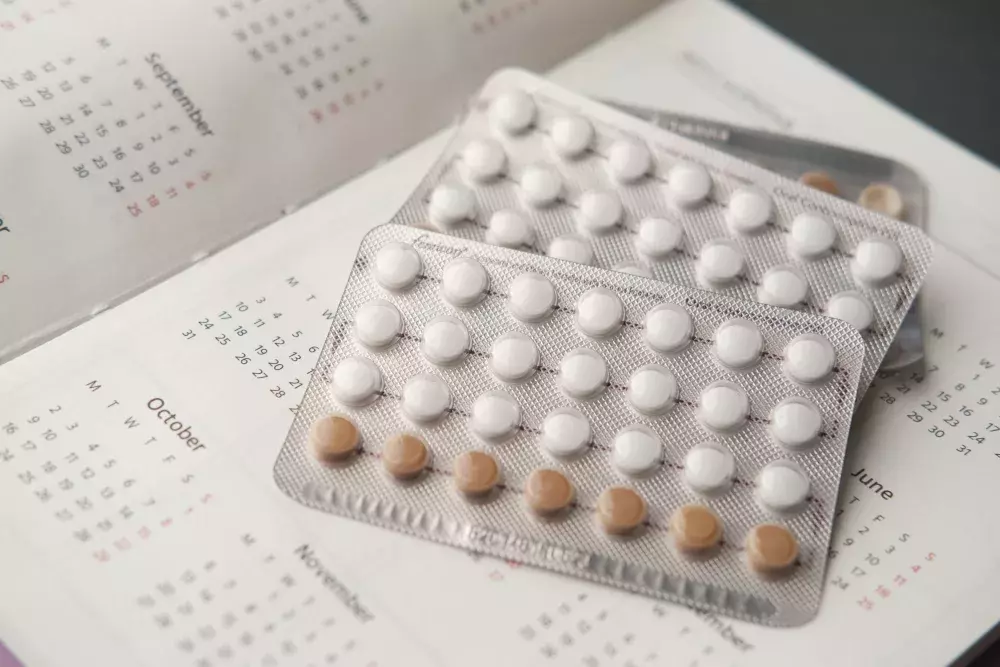WASHINGTON — Staring this month, women of all ages in the U.S. will be able to purchase birth control pills over-the-counter for the first time.
The Opill, as it is called, will be available at pharmacies and online. The controversial development is drawing mixed reactions.
“I feel a little cautious about that,” Tarron Estes told our station in Tennessee. “12-years-old, you know, 14, something like that, would be able to just walk in and get it.”
“I think it’s important that kids have resources for safe family planning. That way, if anything happens, they can be prepared and have a choice in the matter,” Bevan Faulkner explained.
Currently, the suggested retail price is $20 for a one-month supply and $50 for a three-month supply. As it uses only the hormone progestin, it works as a “mini-pill,”.
“The government’s allowing women of all ages to access plan B, but they won’t let them access plan A. And I just think that it’s time for them to listen to all of the experts and allow women the freedom to get access to hormonal contraceptives without the added expense of a doctor’s visit,” said Dr. Jeffrey Singer with the Cato Institute. “Women can get a mini pill over the counter without a prescription. That’s just what I call a mini step in the right direction.”
The Opill was received approval from the U.S. Food and Drug Administration July 2023. The company behind the drug alleges that, when taken as directed, Opill is 98% effective at preventing pregnancy.
As with any medication, side effects such as irregular bleeding, breast tenderness, and headaches are possible. Consumers who experience any severe or persistent side effects are advised to see a doctor.
“We want to keep birth control with doctors not as an over-the-counter available drug and then second, we really just want to emphasize expanding women’s health care so that they’re receiving the in-depth diagnostic care that they need in order to make the best decisions for themselves,” said Emma Waters, a research associate in the Richard and Helen DeVos Center for Life, Religion, and Family at the Heritage Foundation.
Waters opined that women may try to use birth control to self-medicate issues such as heavy periods and other challenges. She added that this one-size-approach does not work when it comes to women’s health.
In this moment, women’s fertility is at the center of many national conversations from birth control, to in vitro fertilization, through to abortion. The abortion pill, mifepristone, is about to be made available with a prescription at CVS and Walgreens in states where it is legal. The Supreme Court is expected to decide whether or not to restrict access to it by July.
— with files from upnorthlive.com







